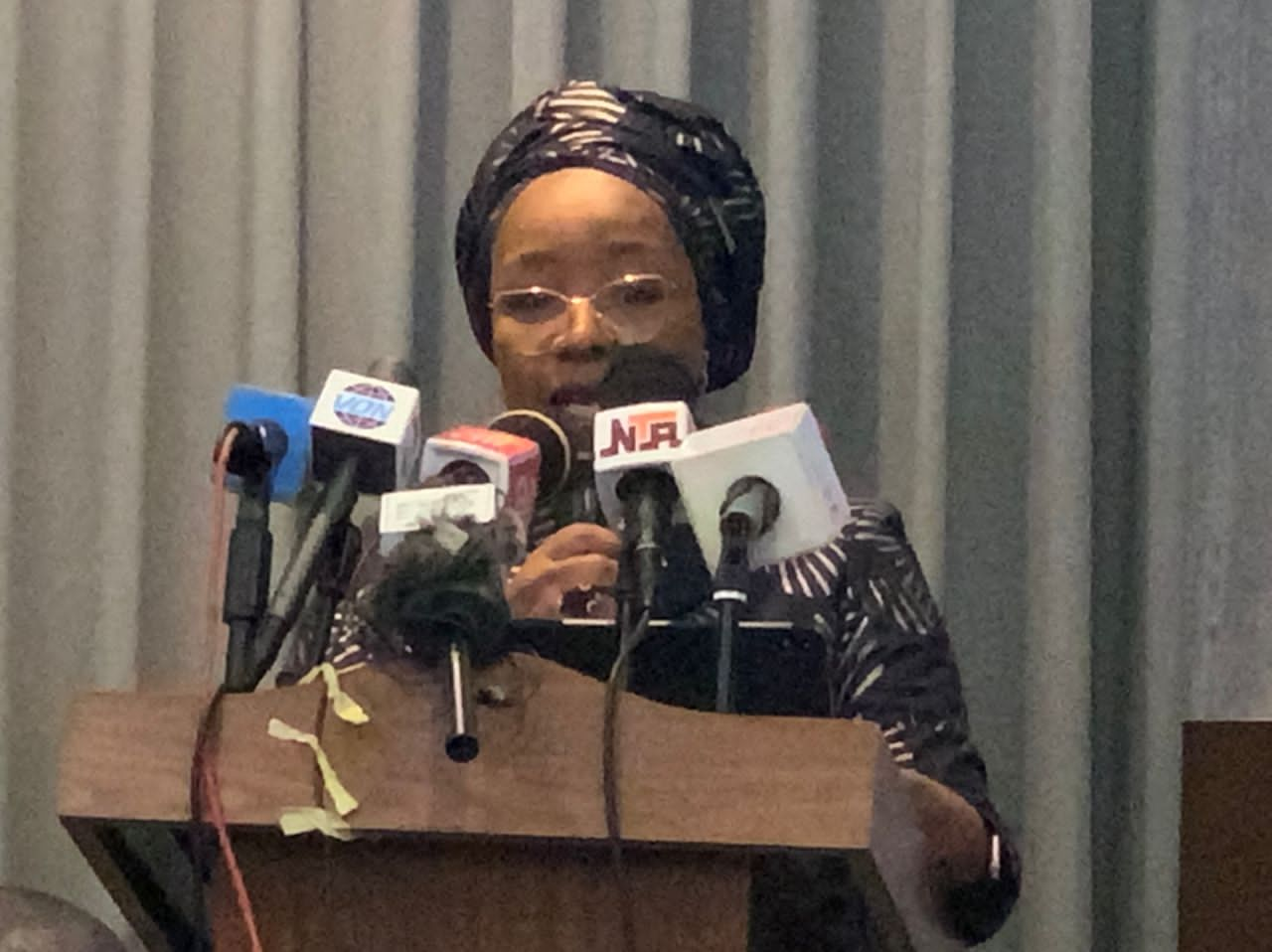The Nigerian government has commenced its maiden retreat for the Governing Structures of the Hydrocarbon Pollution Remediation Project HYPREP in Ogoniland cleanup in Southern Nigeria.
The retreat comprises the Governing Council, GC, Board of Trustees BOT, the Project Coordination Office, PCO and the Central Representative Advisory Committee, CRAC.
Nigeria’s Minister of State for Environment, Sharon Ikeazor, declared open the retreat in the Abuja the nation’s capital on Thursday.
Ikeazor said the retreat would enable the government to collectively chart a new and more efficient way of delivering on the HYPREP project together.
She said; “We are gathered here to primarily familiarise ourselves with our different roles and to also fine-tune same into a seamless operation for the Project. The set goals and objectives, which is primarily to clean-up Ogoniland and provide the recommended deliverables as contained in the United Nations Environment Programme, UNEP Report and can be easily delivered when we act as a team with a single goal. UNEP is facilitating this retreat and will at the discussion session clarify the different roles of each of the arms as contained in the gazette establishing the project.”
She noted that the Governing Council is empowered to manage and superintend the policies of HYPREP as well as provide the general policy guidelines relating to its functions.
The Minister said; “the Board of Trustees carry out financial oversight that ensures the use of financial controls, ensuring that funds are prudently utilized in accordance with established financial policies. The Project Coordination Office on the other hand is responsible for the overall execution of the project for which it was established, while the Central Representative Advisory Committee shall establish and maintain primary contact between HYPREP and the Ogoni communities.”
Ikeazor added that it was necessary that these functions are assigned individually but are to be executed in synergy with each other to attain the goals and deliver on its mandate.
The project coordinator HYPREP, Dr, Giadom Dumbari said “he is committed to implementing the recommendations of the UNEP report to improve the lives of the Ogoni people.”
Dr Dumbari said; “We bring together our collective pool of knowledge, experience, network and determination to deliver a clean resilient and liveable environment for Ogoni people. An environment capable of delivering its ecosystem services in full, which will enhance the livelihood and wellbeing of the Ogoni people.”
He further said his tenure would deploy key drivers to achieve the UN Sustainable Development Goals (SDGs) to deliver HYPREP’s Projects successfully.
He said; “To make this happen, we must be laser-focused on the goal, engendering the support of each other and developing the kind of synergy that will fast track the implementation of well thought-through programmes that will resonate with all stakeholders.”
According to him, for remediation projects to succeed, they should be preceded by detailed site characterisation. This he said provides a clear picture of the configuration and properties of the subsurface.
It reveals the character of the fate and transport (migration) of the contaminants; their distribution and concentrations.
UNEP Technical Advisor, Mike Cowing said UNEP would continue to work with the Nigeria in providing technical support on the implementation of the cleanup of Ogoniland.
Cowing said; “I think the important thing is to learn from the lesson from the past the first HYPREP crashed, and we need to understand why, there was a lack of transparency lack of accountability, we are on to HYPREP two and we are making incremental improvement.”
VON



